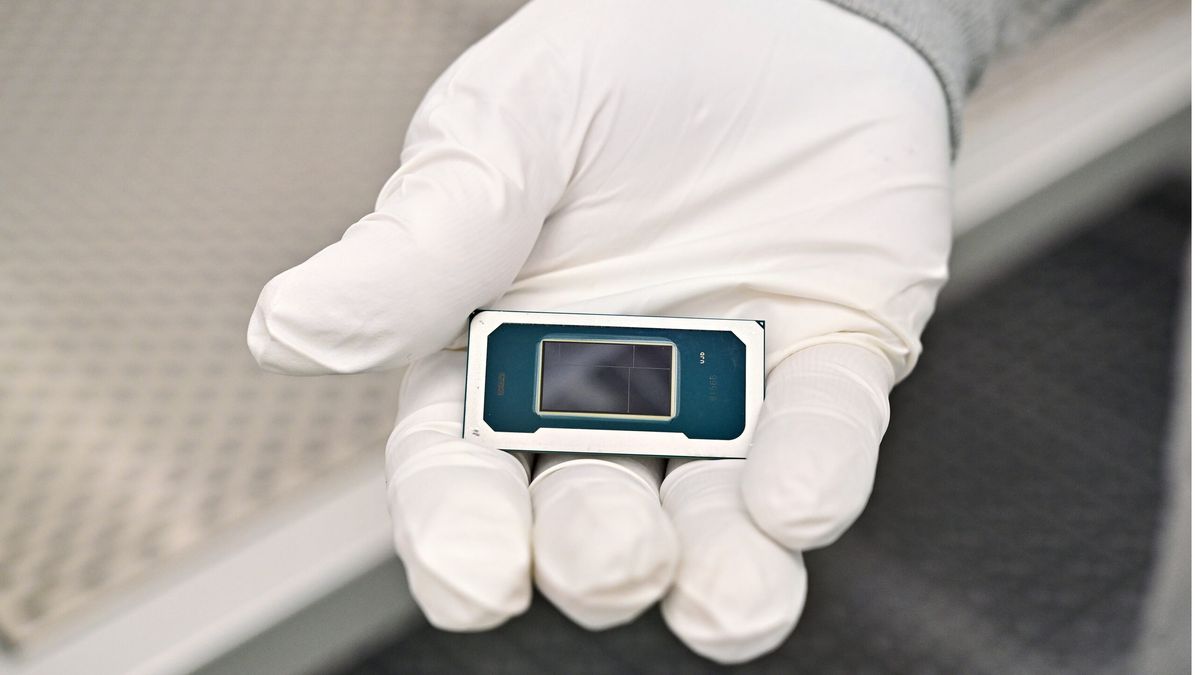Montana is set to become a proving ground for experimental medical treatments, thanks to a newly passed bill.
The bill, signed into law by Governor Greg Gianforte this week, will permit clinics and doctors to sell and provide nearly any experimental drug to potential patients, so long as it has undergone at least one Phase I clinical trial. Advocates argue that the law will allow Montana to be a hub for medical tourism, especially for potentially life-extending medicine, while some bioethicists fear that it will cause more harm than good.
In 2023, Montana passed a bill to greatly expand the state’s existing “Right-to-Try” law. These laws are generally intended to make it easier for terminally ill people to access drugs in development not yet approved by the Food and Drug Administration. But Montana’s revision made it such that anyone, terminally ill or not, could access these treatments. However, this law didn’t provide any formal process for clinics or doctors to give these drugs to patients—a problem that the newly passed bill, named SB 535, is supposed to remedy.
SB 535 will formally create a licensing framework for health care facilities to become “experimental treatment centers.” It will also mandate that these centers allocate 2% of their annual profits to helping low-income patients access experimental treatments and strengthen the requirements needed for someone to obtain and consent to treatment (people will be explicitly required to secure a recommendation from their current treating doctor, for instance).
SB 535 and Montana’s earlier revision were heavily supported by advocates in the longevity field, who argue these laws will make it easier for willing volunteers to test anti-aging drugs and other treatments on the brink of approval. Often, they add, such people will travel outside of the U.S. to buy and obtain these treatments, so the changes will instead funnel that money locally. Some longevity advocates, such as Niklas Anzinger, who’s funded the creation of other “startup cities” overseas, even helped craft the bill’s language.
“If you’re going to go and get an experimental gene therapy, you might as well keep it in the country,” Dylan Livingston, founder and CEO of the Alliance for Longevity Initiatives, told MIT Technology Review. “One: let’s keep the money in the country, and two: if I was a millionaire getting an experimental gene therapy, I’d rather be in Montana than Honduras.”
But some medical ethicists aren’t on board with the new law. They rightly note that most drugs that reach clinical trials still wind up failing (about 90%). And while Phase I trials are supposed to validate a drug’s safety in humans, they have very small sample sizes. Sometimes, a drug’s severe, even life-threatening, side effects aren’t detected until after the drug has been tested in hundreds or thousands of volunteers; in rare cases, we may not know that a drug’s risks outweigh its benefits until after it’s approved and released to the public. According to a 2020 study, for instance, 133 drugs were removed from the market due to safety concerns between 1990 and 2010.
“It’s disturbing that they want to make drugs available after phase I testing,” Sharona Hoffman, professor of law and bioethics at Case Western Reserve University in Cleveland, Ohio, told MIT Technology Review. “This could endanger patients.”
Advocates argue that the law’s provisions strike an adequate balance between safety and increased access to experimental treatments. But time will have to tell whether this grand experiment works as hoped.









 English (US) ·
English (US) ·